GCC vulnerable to price rises
- Gulf News
- 11 August 2009
The Gulf countries remain 'highly vulnerable' to commodity price volatility on international markets, as the recent surge in sugar prices shows.
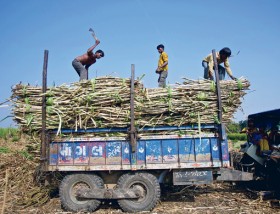
The Gulf countries remain 'highly vulnerable' to commodity price volatility on international markets, as the recent surge in sugar prices shows.
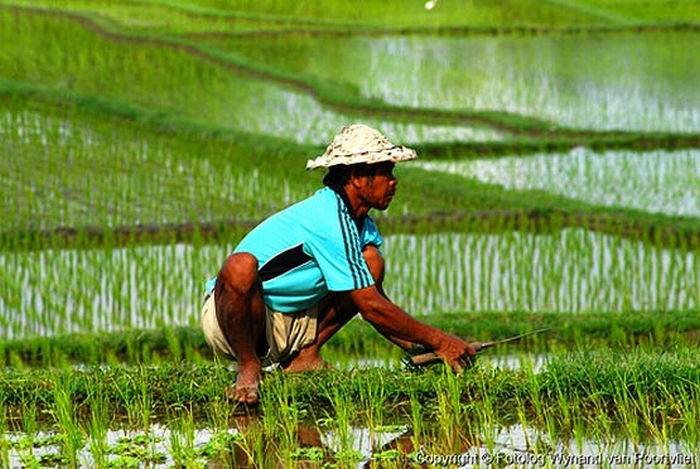
Southeast Asian countries took big steps towards formalizing food-for-oil deals with Gulf states at a June meeting between the Association of Southeast Asian Nations and the Gulf Cooperation Council.
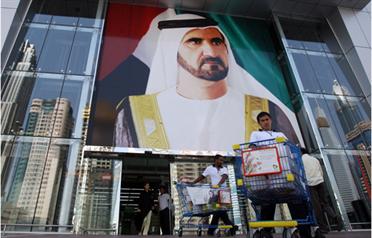
In a new study, the Arab Organisation for Agricultural Development says that Gulf States' projects to grow food abroad are not large enough to slash the Arab farm import bill.

Many governments in the region have been trying to address the food security concern by investing in farmlands overseas such as Sudan and Malaysia. John W Power, president, LSC International, feels this is unlikely to solve the problem in the long term, especially if the indigenous population is short of food.

While Oman has yet to indicate it will follow the course, it is in this make-or-break moment for a new, more stable capitalist system that the Gulf – and perhaps Oman in the future – are forging a rather novel form of global venture, that is, government-funded offshore farming.

Rothschild has recently formed a co-operation agreement with Rabobank, a leading global food and agricultural bank. The agreement covers co-operation for mergers and acquisitions and the equity capital market across a number of sectors including farm inputs and equipment, farm-based commodities, primary food processing, food processing and beverages.

L'appel est quasiment passé inaperçu la semaine dernière. Mais les six pays du Conseil de coopération du Golfe ont proposé, à Bahreïn, aux dix membres de l'Asean un partenariat dans le domaine alimentaire : des terres agricoles contre du pétrole.
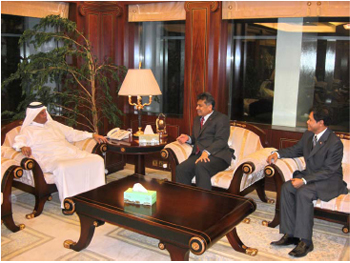
Asian nations want to secure their energy needs, while Gulf Arab states are targeting investments in farmland to secure their food supply.
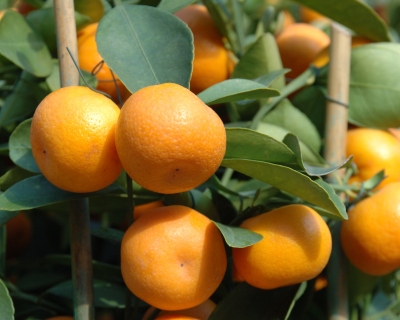
Amid fears of land-grabbing foreigners, Thailand's Democrat government is all set to give local landlords a big bonanza.
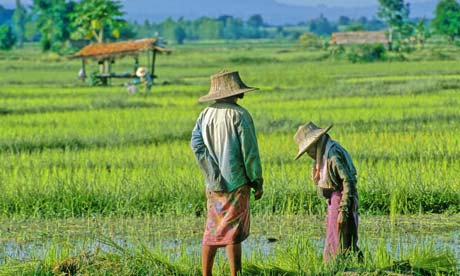
"According to our laws and our policy, foreigners or foreign companies are not allowed to rent or buy land to grow rice or any kind of food, including raising livestock, in Thailand," Prime Minister Abhisit Vejjajiva said yesterday.
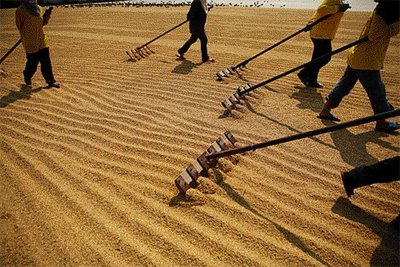
The issue of farmland investments is expected to be raised in the first ministerial meeting between Gulf Cooperation Council (GCC) countries and the Association of South East Asian Nations (ASEAN) on June 29-30 in Manama.
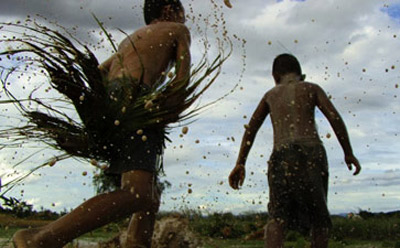
Thailand's Ministry of Commerce says the law is quite clear -- foreign developers cannot invest in the country's agricultural sector, especially the farm sector.

|
Here’s how this fundie is making money from the land
|